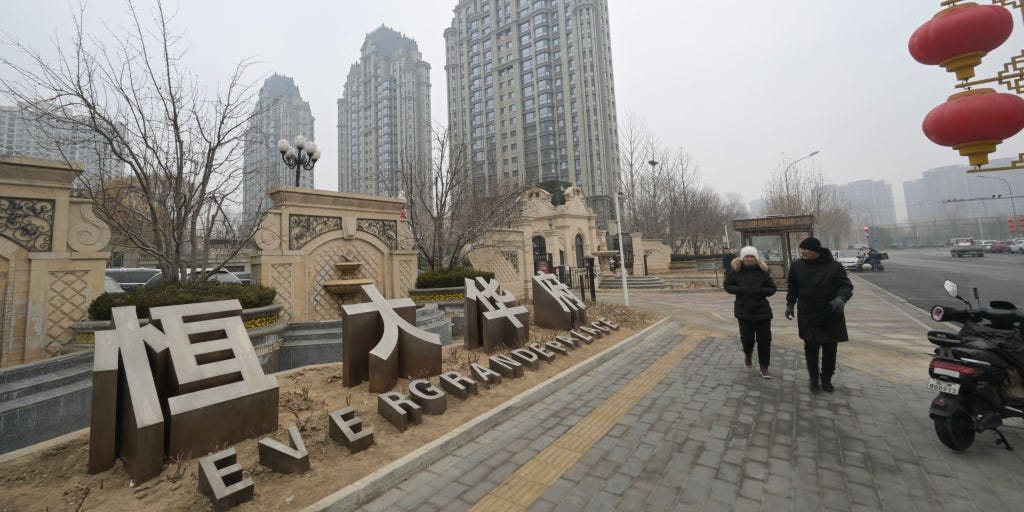A Hong Kong court ordered the liquidation of China Evergrande, the world’s most indebted property developer.
Evergrande has assets of about $245 billion, but owes about $300 billion.
Its demise is a “controlled collapse,” but still raises systemic risk and will hurt investors, says an analyst.



Correct me if I’m wrong. I know that Canadian home prices are bonkers, especially in large cities like Vancouver or anywhere in the GTA (are the Quebecois also having this trouble?). However, the problem with Evergrande isn’t just failure of this company reduces home prices (which is where lots of Canadian savings resides), but Evergrande had taken deposits for tens of thousands of homes it never built or never completed.
So while the value/sale price of a home in Canada may be falling. At the end of the day it still does have value monetarily, and still serves a vital function of housing a family.
China’s situation with Evergrande means the money paid for the house by the owner simply evaporated with no possibility of a refund and the house doesn’t exist because it was never built (or never completed). So to me the China situation looks significantly more dire.
Removed by mod
It’s mental. A rundown shoebox in my neighborhood is upward of 600k even with interest rates as they are now.
We are holding on our apartment as long as possible, wishing that we don’t have to move until kindergarten is done for our youngest. The moment we are forced to move, it will cost us easily 1k$/month more for a lot less space.
Nah, they way things are, if the canadian housing market falls, the whole economy will shit the bed. The GDP is currently driven by the housing market, the nations finances are literally built on a house of cards.